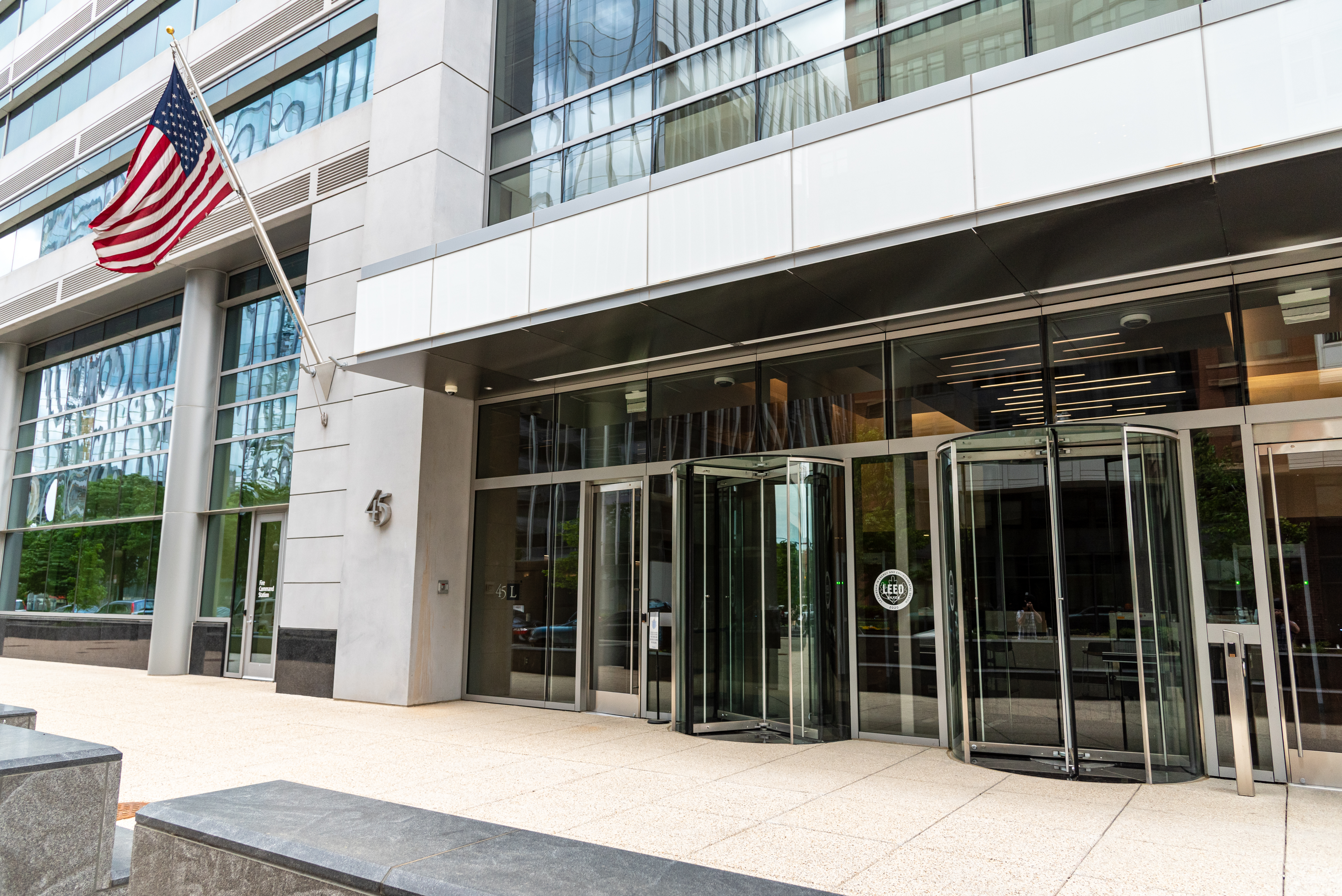College Broadcasters Weigh in With Supreme Court
The Student Press Law Center and College Broadcasters Inc. are among those asking the Supreme Court to strike down the FCC’s policy punishing the broadcast of “fleeting expletives.”
They say the commission’s practices regarding on-air profanity violate the First Amendment and that enforcement lacks clear guidelines as to what merits punishment. Their position is similar to those expressed recently by the National Association of Broadcasters and the Radio Television Digital News Association.
SPLC and CBI said the justices should affirm a lower court’s decision that the indecency policy is void for vagueness.
“College broadcasting is supposed to be a laboratory for experimentation, and is supposed to be a forum for presenting live talk, news and sporting events,” stated attorney Frank D. LoMonte, executive director of the SPLC, in a press release. “But the risk of a five-figure or six-figure fine that could put a station out of business really discourages students from airing the very type of broadcasts that their audiences most want and that offer the most diversity in programming.”
The SPLC describes itself as a nonprofit advocate for the First Amendment rights of student media. LoMonte stated that the FCC seems to feel broadcasters are “well-funded, sophisticated entities” with the resources to deploy “delay” equipment — but, he said, that’s hardly the case at small campuses.
Separately weighing in against the FCC’s policies recently were the Cato Institute, Center for Democracy & Technology, the Electronic Frontier Foundation, Public Knowledge and TechFreedom.
Their joint brief argues that the FCC’s 1978 profanity claim — that broadcasting was so pervasive as to be an “intruder” in the home, requiring government regulation — no longer applies. They say “fewer than one in seven Americans rely only on over-the-air TV,” downgrading its status as unwanted intruder to one of many sources of entertainment that parents may choose among and enforce at their own will.
The Supreme Court will hear oral arguments in the matter in January.
Related:
FCC Policy Has ‘Dramatic Nationwide Chilling Effect,’ NAB Says
-- Radio World
Get the TV Tech Newsletter
The professional video industry's #1 source for news, trends and product and tech information. Sign up below.
